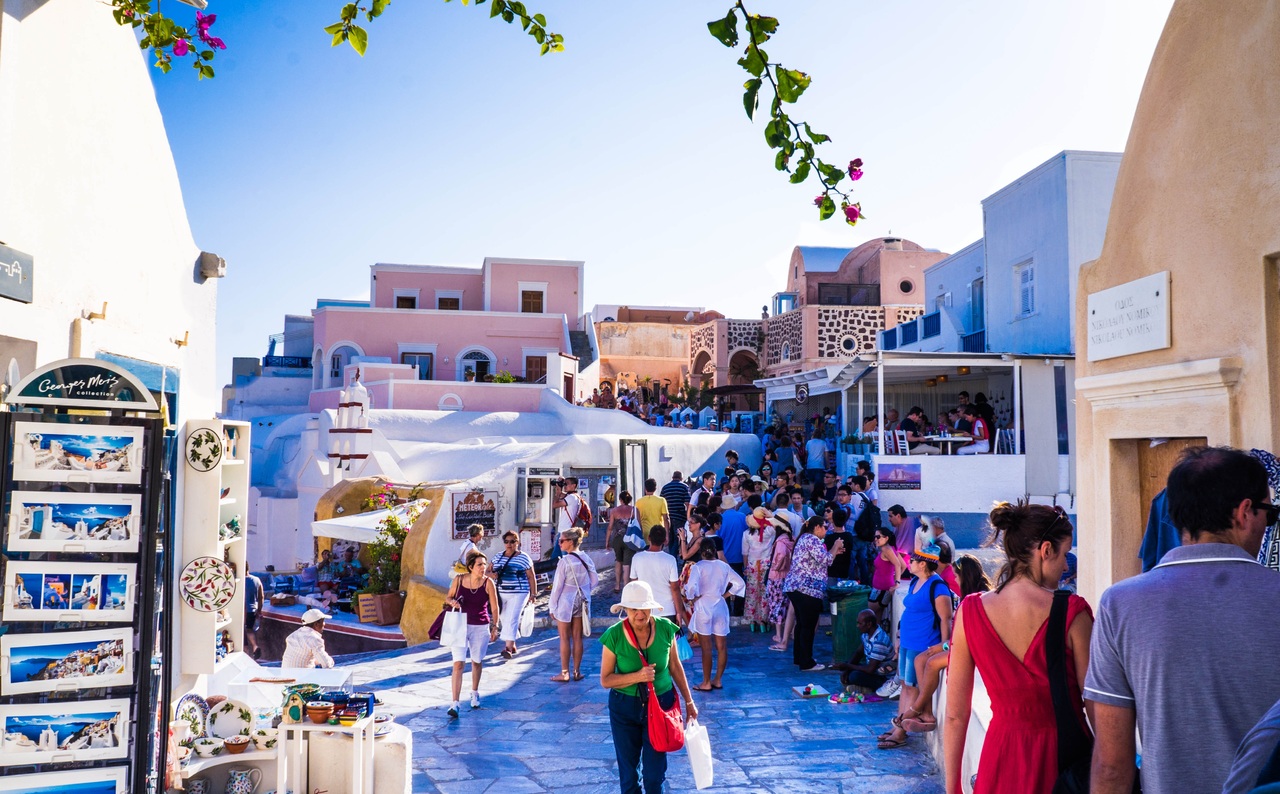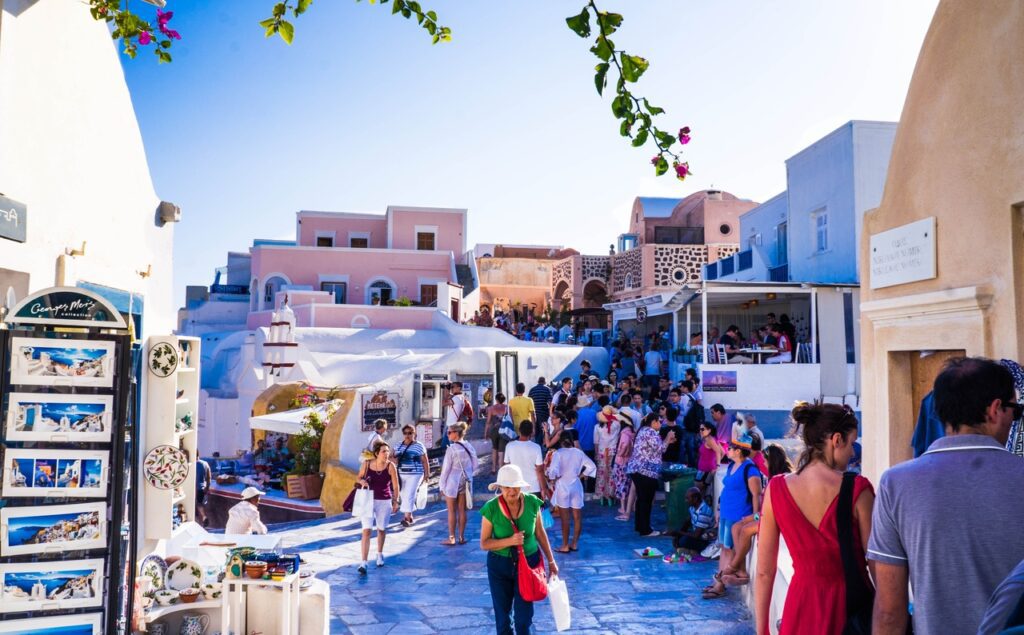
[ad_1]

Skift Take
Several destinations have experienced a tourism boom in recent years, but has a surge in visitors contributed to inflation?
Rashaad Jorden
The global travel industry made significant progress in its recovery from the pandemic last year. But the tourism boom has brought challenges to certain destinations, including helping make some services more expensive.
So how does a tourism bump impact inflation?
We put the question to Ask Skift, our artificial intelligence chatbot. Ask Skift used information that appeared in our past news coverage, and we did additional reporting on the matter.
What Ask Skift Said:
A tourism bump can have several impacts on inflation:
Increased Demand and Prices: A surge in tourism can drive up demand for travel-related services such as hotels, restaurants, and transportation. This increased demand can lead to higher prices in these sectors, contributing to overall inflation. For instance, rising demand can push up airfares and hotel rates, as seen in periods of high tourism activity.
Cost Pressures on Businesses: Travel businesses may face cost pressures due to increased demand. Higher occupancy rates can lead to increased operational costs, which businesses might pass on to customers by raising prices. However, businesses often struggle to raise prices proportionally to increased costs, which can squeeze their operating margins and impact financial results.
Supply Chain and Resource Constraints: An influx of tourists can strain local resources and supply chains, leading to higher costs for goods and services. For example, increased tourism can lead to higher fuel consumption, pushing up fuel prices and contributing to inflation.
Renovation and Maintenance Costs: Higher tourist numbers can lead to increased wear and tear on infrastructure, necessitating more frequent renovations and maintenance. In a high inflationary environment, these costs are further exacerbated, impacting the financial health of travel businesses.
Overall, while a tourism bump can stimulate economic activity, it can also contribute to inflationary pressures through increased demand, higher operational costs, and resource constraints.
library_books
Ask Skift Is the AI Chatbot for the Travel Industry
Go deeper into the business of travel with Skift’s new AI chatbot.
Ask Skift Your Questions
What Else You Need to Know:
Iceland: An increase in tourism has contributed to Iceland’s inflation, according to Finnbjörn A. Hermannsson, president of the Icelandic Confederation of Labour. While Jóhannes Þór Skúlason, managing director of the Icelandic Travel Industry Association, refuted the notion that tourism is driving inflation, Hermannsson said “Tourism has been creating inflation, and the general wage earner is paying for it.”
Greece: Economists in Greece have tied inflation to a tourism boom. A little more than 32 million travelers visited the country in 2023, a 17.6% increase from the previous year.
“Data for 2023 shows that tourism directly accounts for about a third of inflation, as we see from categories such as ‘restaurants-pastry-cafes-cafeterias,’ which has a large weighting in the price index,” said one economist. “But if we calculate the indirect effects, the impact of tourism on prices is much higher.”
The Greek edition of the Business Daily reported a 10% increase in tourist arrivals this year could cause property prices in the country to jump about 3.7%.
Japan: Meanwhile, the surge in foreign visitors to Japan has helped increase prices at restaurants near prominent tourist sports. A weak yen has made the country more affordable for overseas visitors, but life for many Japanese citizens has gotten more expensive.
“Income gains haven’t been able to keep up with rising prices,” said Atsushi Takeda, chief economist at Itochu Research Institute Inc.
Impact of big events: Finally, inflation has been linked to tourism bumps resulting from recent major concert tours. Portugal’s office said the country’s inflation rate accelerated in May in part due to a jump in hotel prices in Lisbon, where Taylor Swift performed on both May 24 and 25 as part of her Eras Tour.
In addition, Lucsa Krishnan, a strategist at TD Securities in London, told the New York Times it’s possible that Swift’s London concerts in August could increase services inflation in the United Kingdom. If hotel prices follow the pattern set when she performed in Liverpool earlier this month, services inflation could jump as much as 0.3 percentage points.
Swift’s fans — as well as those of Beyonce — have possibly been responsible for jumps in Sweden’s core inflation rate. Bloomberg reported the first acceleration in Sweden’s core inflation in over a year could be explained by an increase in hotel prices as fans flooded Stockholm to attend three Swift shows this May.
As for Beyonce, Danske Bank economist Michael Grahn told the BBC that he believed the singer’s May 2023 Swedish shows helped drive a surge in Stockholm’s hotel rates. Sweden reported higher-than-expected inflation of 9.7% that month.
library_books
Ask Skift Is the AI Chatbot for the Travel Industry
Go deeper into the business of travel with Skift’s new AI chatbot.
Ask Skift Your Questions
[ad_2]